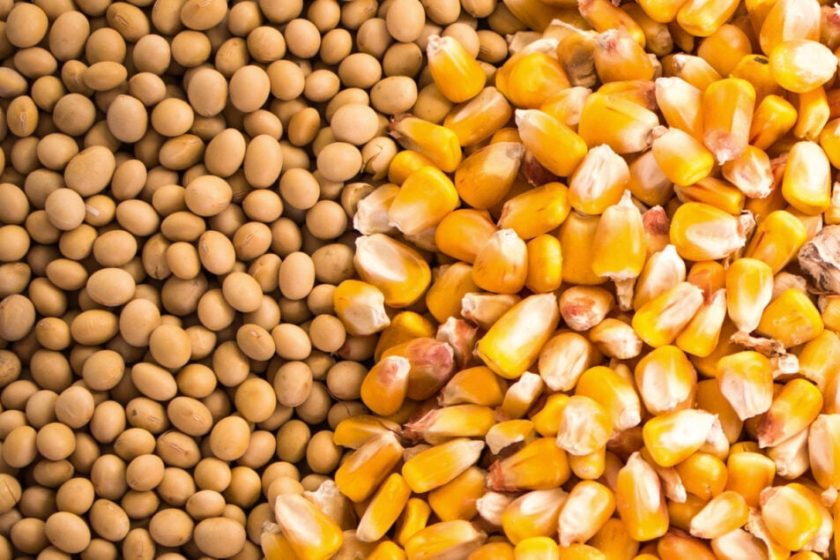India must adopt a pragmatic policy towards allowing genetically modified (GM) crops to boost domestic supplies, wrote Ricky Thaper, Joint Secretary of the Poultry Federation of India.
As part of trade negotiations, the US is seeking access for its GM products, especially soybean and corn, in India. These key feed ingredients are vital for the steady growth in India’s livestock sector, especially poultry.
Why it matters
- Feed costs account for over 65% of broiler meat production.
- Feed price volatility impact overall production costs.
While domestic production of soybean meal and corn currently meets demand, rising consumption of edible oil and livestock products may soon outstrip local production. This will force India to import more to sustain domestic supplies.
India has historically objected to GM soybean meal and corn, but it imported 1.2 million tons of GM soybean meal in 2021 when feed prices spiked.
As GM soybeans (or GM soybean meal) and GM corn import is allowed in India’s neighboring countries, such as Nepal, Sri Lanka, Bangladesh and Pakistan, so Indian poultry industry is hopeful that the government will also seriously look in to this to allow GM crops and all major poultry associations in India are doing follow-up on this with senior officials of the Animal Husbandry and Agriculture Department.
Flexible import policies
Since 2003, GM Bt cotton has been the only GM crop approved for cultivation in India. Today, it covers about 92% of the country’s cotton-growing area.
The government must be pragmatic in allowing imports of soybean, soybean meal and corn from the US. These imports would help:
- Maintain steady supplies of key crops,
- Support ethanol production and livestock feed, and
- Safeguard interests of domestic producers.
India currently imports over 58% of its edible oils—including palm, soybean, and sunflower—due to lagging domestic productivity.
Allowing import of GM soybean for processing for local oil extraction would help reduce the country’s edible oils imports and boost processing industries.

